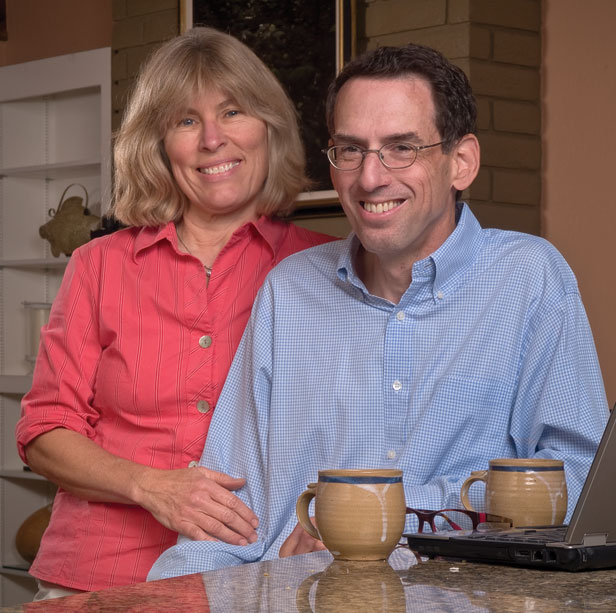
Art Reidel is a serial entrepreneur and venture capitalist in the pharmaceutical software, semiconductor, and communications industries. After entering MIT at 16, he earned a bachelor’s degree in mathematics in 1973. As a philanthropist, he has made gifts supporting education, the arts, civil rights, and religious freedom. Recently, he and his wife, Sandy, established a unitrust to help the Gordon-MIT Engineering Leadership Program and the MIT International Science and Technology Initiatives (MISTI) Israel program.
“The recent Wall Street situation got me thinking that it probably never dawned on the people trading mortgage-backed securities that it would lead to millions losing their houses and to high unemployment. They lacked the intellectual tools to make good choices and to apply their ethics. I began to worry that rather than just a scientific and technical education, MIT students also need leadership training and exposure to other cultures to become ethical, principled leaders in a global world. This prompted us to make the gift. “We established a unitrust because the trust is a win-win. MIT gets the money now, and we still get to use it to fund our retirement. It’s a great way to diversify, avoid capital gains tax, and get an income stream over time. The magic for me was having the option to invest in MIT’s endowment. It’s not easy for an individual to have access to this kind of top-quality money management without paying high fees. And in this time of macroeconomic uncertainty, a flexible, highly professional, and strategic investment approach like this is the only rational alternative.”
Gifts to MIT support future generations.
For information, contact Judy Sager: 617-253-6463; jsager@mit.edu. Or visit giving.mit.edu/ways/invest-endowment.
Keep Reading
Most Popular
Large language models can do jaw-dropping things. But nobody knows exactly why.
And that's a problem. Figuring it out is one of the biggest scientific puzzles of our time and a crucial step towards controlling more powerful future models.
How scientists traced a mysterious covid case back to six toilets
When wastewater surveillance turns into a hunt for a single infected individual, the ethics get tricky.
The problem with plug-in hybrids? Their drivers.
Plug-in hybrids are often sold as a transition to EVs, but new data from Europe shows we’re still underestimating the emissions they produce.
Stay connected
Get the latest updates from
MIT Technology Review
Discover special offers, top stories, upcoming events, and more.